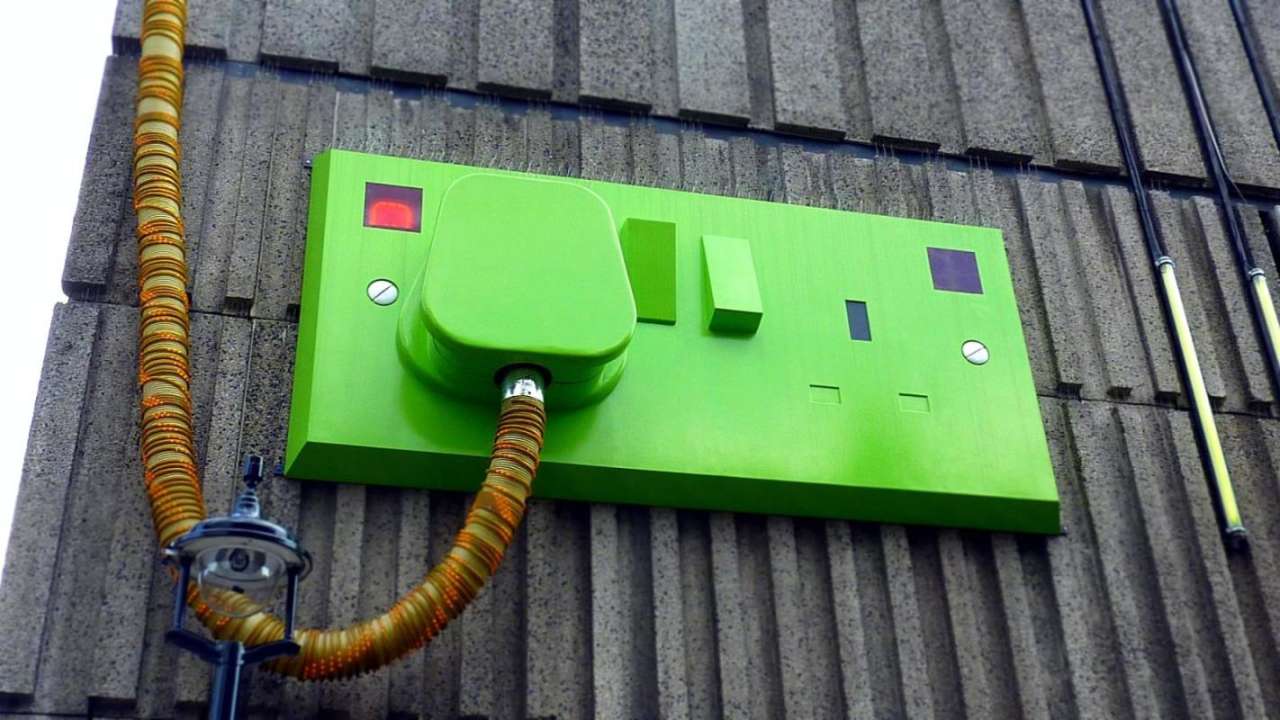Business Energy
Business electricity and gas standing charges explained
25 Jan 2022
Comparing your energy standing charge to other suppliers should be part of your continual energy cost audit. If you know all the charging elements that make up your bill, you’re empowered to make informed decisions. In this article, we’ll cover all aspects of your standing charge, including what it stands for, how to interpret it and how to judge if it’s a fair rate levied on your monthly or quarterly bill.

Business electricity and gas standing charges explained
The standing charge on your energy bill is a fixed daily amount you pay for energy, and it normally stays the same irrespective of your energy usage. The cost can also be applied to empty properties if an energy supply is present and available to use. The standing charge covers your energy supplier’s expenses to get your gas and electricity from the national grid to your business premises.
Standing charges can vary quite a lot depending on your business and its circumstances. The cost is part of the business energy package you sign up for, and it can be a significant amount of the overall package. You’ll find the standing charge separately itemised on your bill, listed as part of the total sum due.
There’s a lot of detail on business energy bills compared to a domestic account statement. Therefore, it’s worth taking some time to get to know your way around your bill because you might begin to find any potential savings you could make.
Do I have to pay a standing charge on my energy bill?
Most business energy packages come with standing charges, and it’s your challenge to make sure you keep the cost to a minimum.
No standing charge doesn’t always equal paying less per month. Some energy suppliers claim to offer energy deals without a fixed charge cost, but there might be a sting in the tail because such contracts often feature a higher-than-normal price per unit.
What is the average standing charge on business energy bills?
Working out the average energy business rate standing charge can be tricky because of the distinct elements on a business energy bill. The size of your business, the location, when and how the firm uses its energy are all factors that will affect the standing charge.
How much are the typical standing charges for gas supply?
Standing charges for gas supply will vary due to factors such as your overall consumption, the contract length, and whether your business has multiple sites requiring incoming supply at different rates of use.
That’s why you need to do some research and begin comparisons to discover which standing charge is the most competitive for your business.
For a business using 25,000 kWh (kilowatt-hour) of gas per year, an example standing charge price would be between 25p and 90p per day, depending on the annual consumption. The charge increases in line with energy consumption, and the standing charge cost doesn’t get lowered during your contract term because it’s fixed for the length of the contract. However, it would be best to compare the price per gas unit combined with the standing charge because a cheaper unit cost might offset an expensive daily fixed charge cost.
Compare energy suppliersHow much are the typical electricity standing charges for a business?
UK energy suppliers currently offer mostly similar prices but vary based on your business’s specific requirements. The standing charge covers a contribution towards supporting the national grid and the supply of electricity directly to your premises.
For microbusinesses, the daily standing is typically between 25p and 40p per day. SMEs can expect to pay between 25p and 35p.
With such a range of prices, you must conduct some research into your business size compared to pricing and avoid the potential to be overcharged.
Are energy deals with no standing charge available?
Most energy suppliers apply daily commercial gas or electricity charges. However, some energy suppliers can offer business energy with no standing charge.
The energy packages without standing charges typically have higher kWh prices. You’ll pay more for each unit used, so the benefits of no standing charge are outweighed. Overall, your bill could be higher if you’re a high use customer.
Many suppliers offer special packages for small businesses. They’ll come with lower standing charges but higher unit costs. But if you’re a lower rate energy user, this might be the more cost-effective option.
Can micro-businesses get no standing charge energy deals?
A business is classed as a micro-business by energy suppliers if it meets one or more of these criteria:
Fewer than ten employees
Annual turnover or balance sheet below £2 million
Electricity use does not exceed 100,000 kWh per year
No more than 293,000 kWh of gas annually
Micro Businesses should budget for a fixed charge rate of electricity between 25p and 35p a day. And between 25p and 40p per day for gas.
How long does it take to switch business energy suppliers?
Once you have agreed to a more competitive business energy deal, switching takes about 4 to 6 weeks. Your old supplier needs to produce an up-to-date statement and total bill and get your business gas supply switched over.
There are a lot of business energy options available, and at Funding Options, we’ve simplified the process to help you find the best business energy tariff. By clicking here, you can begin the comparison process to see if you can get a more competitive energy deal.
Compare energy suppliersBusiness Finance
Check your eligibility using our online form without affecting your credit score.
Get startedSubscribe to our newsletter today
Sign up for the best of Funding Options sent straight to your inbox.
